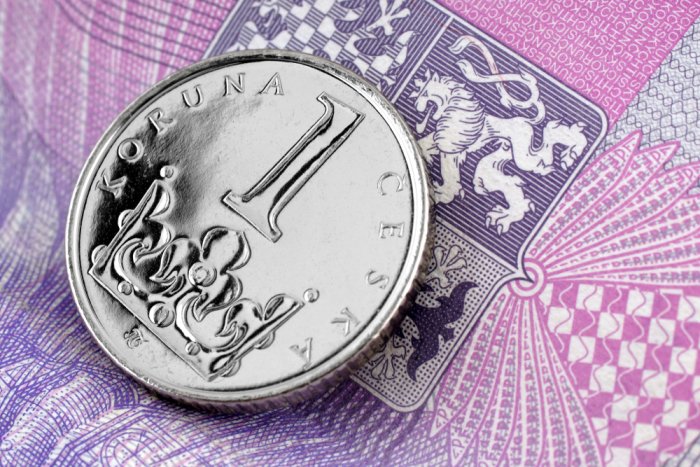Consumer prices up 3.7% in March

Consumer prices were 3.7% higher on average in March 2019 than a year earlier, show the latest monthly data from the Central Statistical Office (KSH). Significant price rises were measured over the past year for alcoholic beverages and tobacco, as well as food items.
The rate of consumer price inflation in Hungary accelerated to 3.7% in March, from 3.1% in the previous month.
In March 2019 compared to March 2018, food prices were up by 5.4%, within which prices of seasonal food items (fresh vegetables and fruit) rose by 21.1%, flour by 12.3%, and bread by 6.7%, while the price of eggs fell by 12.5%, milk by 7.2% and sugar by 3.9%.
Prices of alcoholic beverages and tobacco rose by 8.0% on average, within which tobacco prices rose by 10.9%. Consumers paid 3.0% more for services, while motor fuel became 3.7% more expensive.
Consumer durables prices edged up 0.8%, while household energy prices rose 1.2%.
Seasonally adjusted core inflation, which excludes volatile food and fuel prices, picked up to 3.8% in March, from 3.5% in February, the KSH said. CPI harmonized for better comparison with other EU member states stood at 3.8% in March, while inflation calculated with a basket of goods and services used by pensioners was 3.6%.
In a month-on-month comparison, prices were up 0.7% in March, compared to February.
In January–March 2019, compared to the first three months of last year, consumer prices went up by 3.2% on average.
Consumer price data for April 2019 will be published on May 9.
MNBʼs underlying inflation 3.5%
In its monthly analysis customarily released after the publication of the KSH data, the National Bank of Hungary (MNB) attributed the rise in core inflation to an accelerated increase of tradables prices, the pass-through of an excise tax hike onto tobacco prices, and faster-rising fuel prices, state news wire MTI reported.
The central bank acknowledged that its measure of core inflation excluding indirect tax effects - a bellwether indicator of underlying inflation, notes MTI - rose 0.3 of a percentage point to 3.5% in March.
The central bankʼs indicator for demand-sensitive inflation, which excludes processed foods from core inflation, stood at 3.4%, rising from 3.2% in the previous month. The indicator for "sticky price" inflation, which includes items for which retail prices vary, on average, no more than 15% a month, was flat at 3.6%.
The MNB said householdsʼ inflation expectations "remained at moderate levels" in March.
In its quarterly Inflation Report released at the end of last month, the central bank predicted CPI would continue to rise in March before dropping under the 3% mid-term target again in the summer.
SUPPORT THE BUDAPEST BUSINESS JOURNAL
Producing journalism that is worthy of the name is a costly business. For 27 years, the publishers, editors and reporters of the Budapest Business Journal have striven to bring you business news that works, information that you can trust, that is factual, accurate and presented without fear or favor.
Newspaper organizations across the globe have struggled to find a business model that allows them to continue to excel, without compromising their ability to perform. Most recently, some have experimented with the idea of involving their most important stakeholders, their readers.
We would like to offer that same opportunity to our readers. We would like to invite you to help us deliver the quality business journalism you require. Hit our Support the BBJ button and you can choose the how much and how often you send us your contributions.









